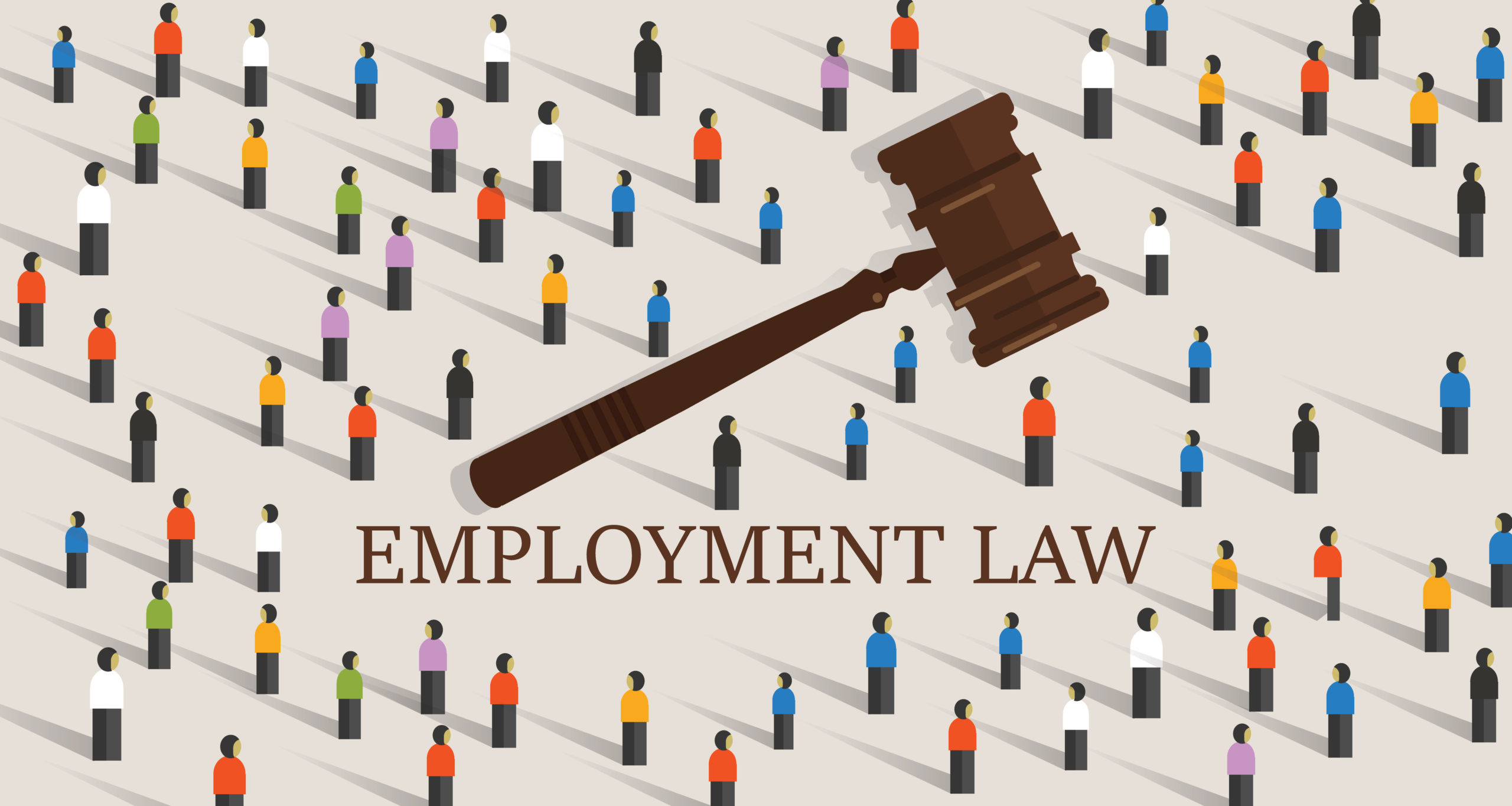Now Reading: 5 Ways To Protect Your Employees’ Rights In The Workplace
-
01
5 Ways To Protect Your Employees’ Rights In The Workplace

5 Ways To Protect Your Employees’ Rights In The Workplace
As an employer, you have a mandate to protect your employees’ rights in the workplace. These include their right to privacy, working conditions, wages, and protection from discrimination. This article will discuss ways that employers can protect these rights.
-
Provide Non-Discriminatory Hiring Practices
As an employer, you’re prohibited from engaging in employment discrimination, which is a practice that treats employees differently because of their race, gender, age, or disability. You must also ensure that the hiring process is not discriminatory by providing equal opportunities for all applicants.
A non-discriminatory hiring practice means that:
- You cannot ask about someone’s criminal record until after you have made a conditional job offer.
- You cannot ask about an applicant’s age or military service until after you make them an offer.
- It would be best if you gave preference to veterans who have been honorably discharged.
- If you receive federal funds related to your business operations (e.g., contracts), then those companies may be required to provide reasonable accommodation to qualified individuals with disabilities.
Suppose you’re unsure about how to make your onboarding process, or general company policy as inclusive as possible. In that case, you might want to look up an employment lawyer Melbourne to get help on how to stay compliant from the time you hire someone to eventually being a part of the team!
-
Ensure Equal Pay
Equal pay is the idea that employees who do the same work should be paid the same amount. The only exception to this rule is if there are legitimate reasons for paying someone less, such as a difference in seniority or experience. If you’re not sure whether your company pays men and women equally, here are a few ways to check:
- Check your payroll data for trends. Do most of your female employees make less than their male counterparts? And does that hold across all departments? If so, then there’s likely an issue with equal pay at your workplace, and you should take action immediately.
- Ask employees directly about their salary. You can do this anonymously by distributing an anonymous survey and asking them questions like, “Do you think men get paid more than women?” This way, you’ll ensure that everyone has an opportunity to speak up without fear of repercussion from management.
-
Protect Whistleblowers From Retaliation
The first thing you can do to protect your employees is to ensure that they know that if they report wrongdoing in the workplace, their employer will not retaliate against them.
It would help if you also made clear that this policy applies no matter who commits the wrongful action:
- A supervisor
- Another employee at any level (including managerial)
- Even a third party like a vendor or customer
This goes for reports of something wrong happening outside of work as well. If your employee reasonably believes that their company has been doing an illegal activity on its premises (such as drug use), then they should feel free to report what they saw without fear of retaliation.
As an employer, you should have a straightforward process for reporting possible wrongdoing and ensure that all employees are well informed about it.
-
Provide A Safe Work Environment
Safety is vital in the workplace. Your employees should be able to perform their duties in a safe way that doesn’t endanger them or the company. It’s the responsibility of the employer to provide this safety, and there are many ways to do so:
- Equip your employees with the right tools. Whether it’s a hard hat, goggles, or gloves, ensure they have access to it if they need it for their specific task.
- Provide training on how to use specific tools safely and effectively. Employees should know how best to handle themselves in any given situation; if there is potential danger involved with doing an assigned task, teach them what precautions they should take beforehand.
- You must create a safe work environment by ensuring all areas where people work have been inspected properly for hazards like sharp objects or chemicals.
-
Give Employees Privacy Rights
Employees have a right to privacy, so the company should seriously implement privacy rights in the workplace. This means that employers cannot force employees to share their personal information. If needed, employers may ask for personal information, but they must ask every employee equally.
For example, suppose an employer decides to ask all employees for their email addresses. In that case, they should also give each employee a choice about whether or not he wants his email address shared with everyone else in the company.
Conclusion
The bottom line is that employees have many rights, and it’s your job as an employer to ensure they are protected. If you fail to protect these rights, you might put your business in danger of costly lawsuits and a bad reputation. This will hurt the company financially, but it can also result in the loss of some of your best employees who feel like their rights are being violated by the management. For that reason, it is essential to know what these rights are to avoid any issues with them down the road.










